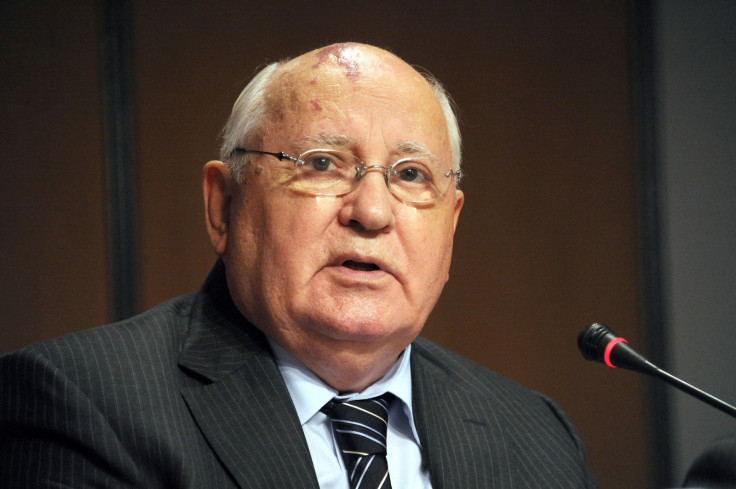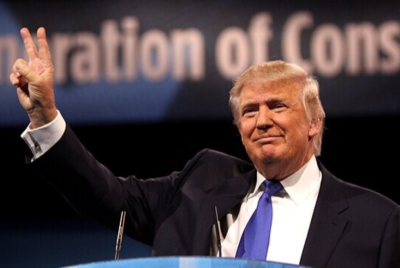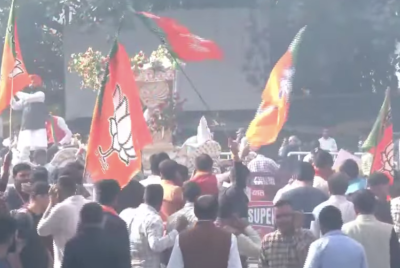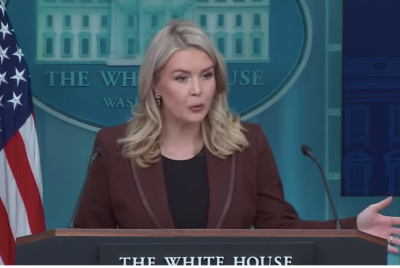Ukraine urges Gorbachev EU ban over support for Crimea annexation

Ukraine has called for the European Union to ban former Soviet Premier Mikhail Gorbachev over comments he made in support of the Russian annexation of Crimea.
In an interview with the Sunday Times Gorbachev, 85, said he backed Russian President Vladimir Putin's decision to annex the Crimean peninsula in the wake of the 2014 Maidan Revolution, which saw pro-Moscow president Viktor Yanukovich ousted and a pro-Western government take power.
The annexation was criticised by the West, and resulted in economic sanctions being imposed on Russia by the US and the European Union. In a referendum denounced as illegal by Washington Crimea voted to join Russia.
"I'm always with the free will of the people and most in Crimea wanted to be reunited with Russia… Had I still been in power, the Soviet Union would still exist and Crimea would be a part of it," said Gorbachev.
In response, Ukrainian foreign ministry spokesman Anton Gerashenko called for the EU to ban Gorbachev entering Europe, and to impose sanctions on his Gorbachev Foundation, which researches political issues in former Soviet Union.
"I can't think of the last time he [Gorbachev] was here [in Ukraine]. He has nothing to do here. We will address our European partners on the diplomatic level and ask them to ban him from visiting Europe and to stop allocating money to his fund that fuels hatred between Russia and Ukraine," Gerashenko said, as quoted by Govorit Moskva radio on Sunday.
Gorbachev became General Secretary of the Soviet Union in 1985, and introduced wide ranging domestic reforms and nuclear disarmament policies that resulted in the end of the Cold War. He was ousted by Communist hardliners in 1991, before Boris Yeltsin took power as the first president of the post-Communist Russian Federation.
In the interview Gorbachev accused the US of attempting to undermine Russia following the collapse of the Soviet Union.
"They thought, 'Now we're the boss of the world.' They weren't genuinely interested in helping Russia develop into a stable and strong democracy. They thought they'd cut Russia down to size. In the process, they've squandered the trust we'd built," he said.
Gorbachev added that he regretted the collapse of the USSR. "I regret that a great country with huge possibilities and resources vanished," he said. "Most Russians think, like me, they don't want it back, but they are deeply sorry that it collapsed."
"My intention was always to reform it, never to destroy it," he stated.
© Copyright IBTimes 2025. All rights reserved.



















